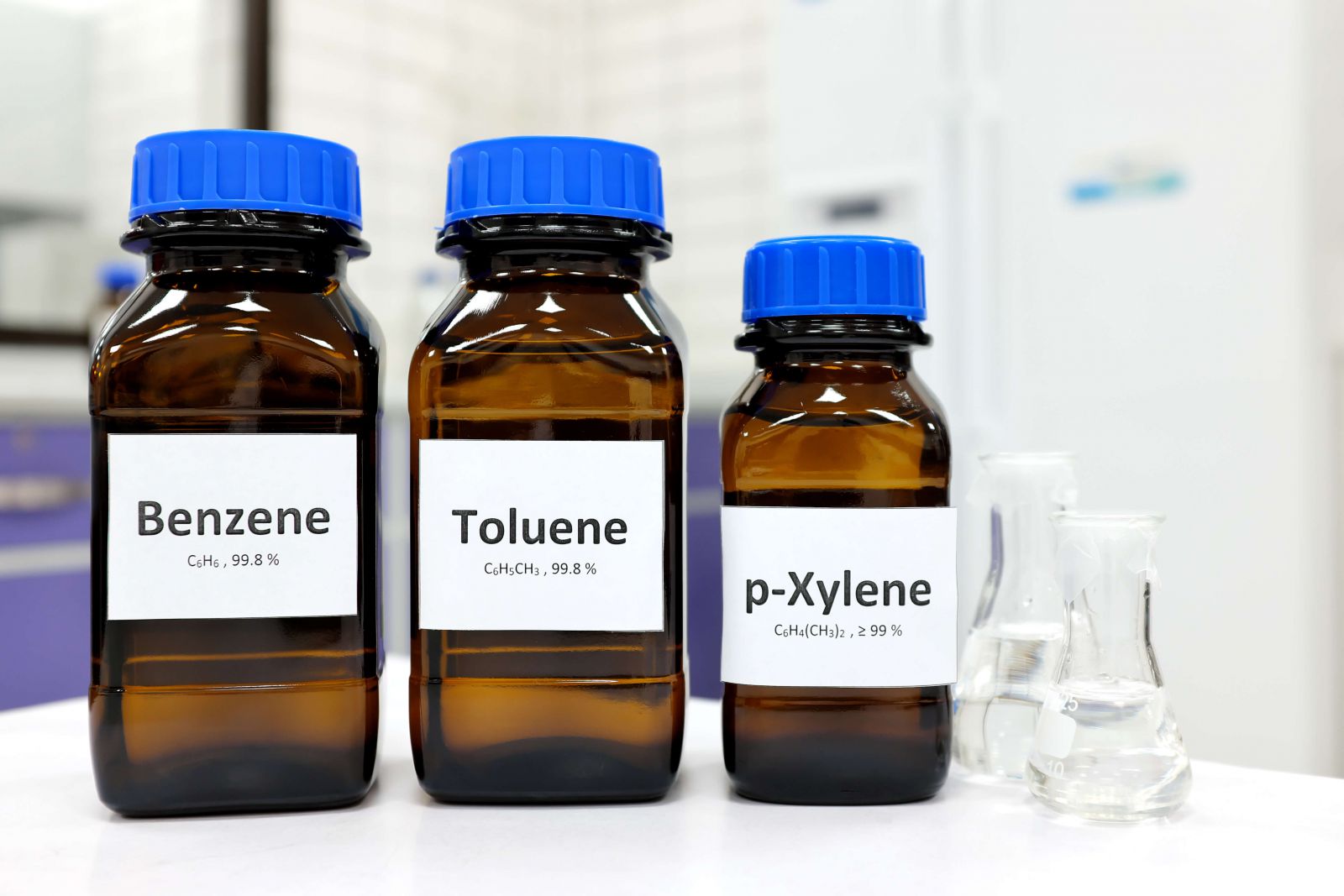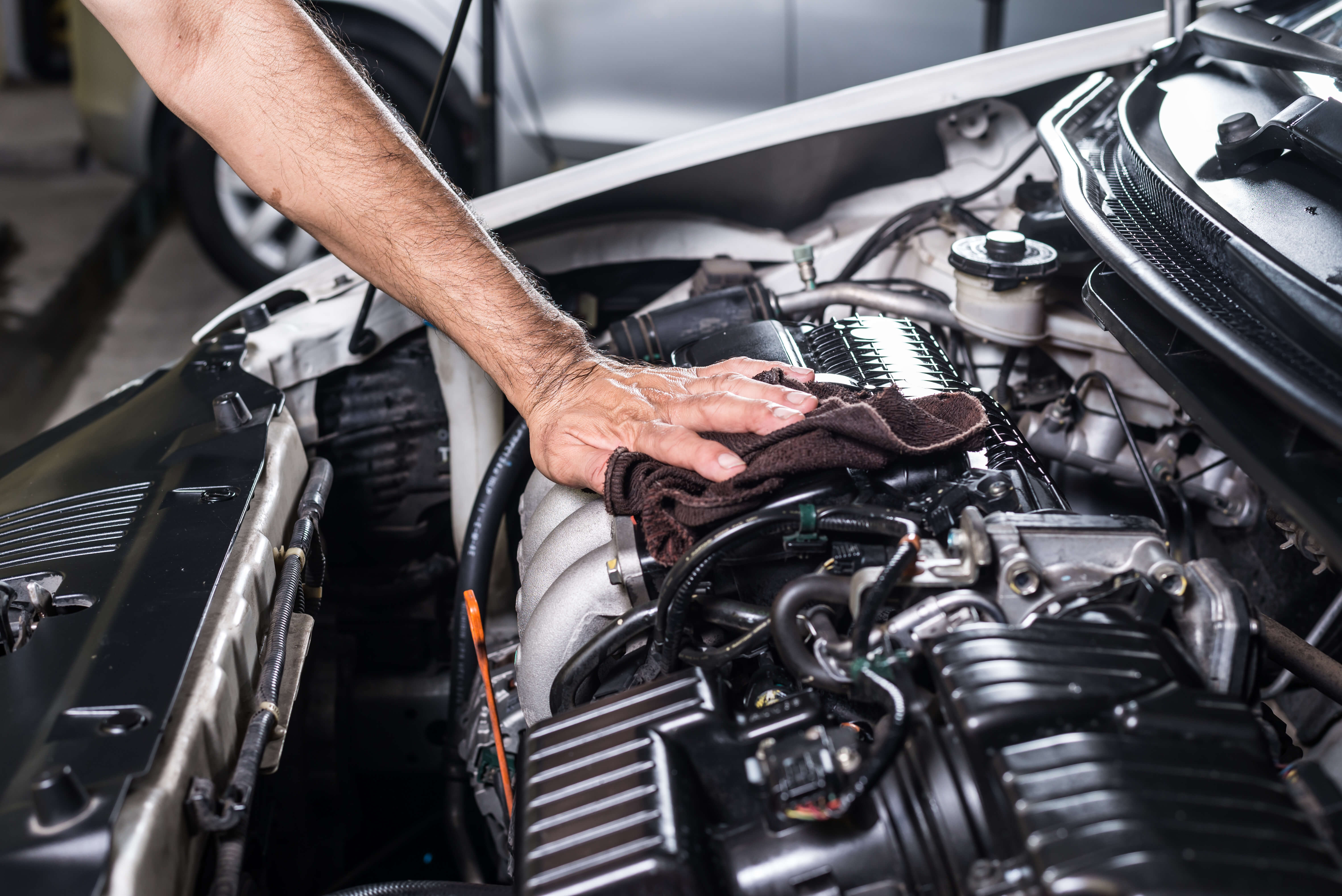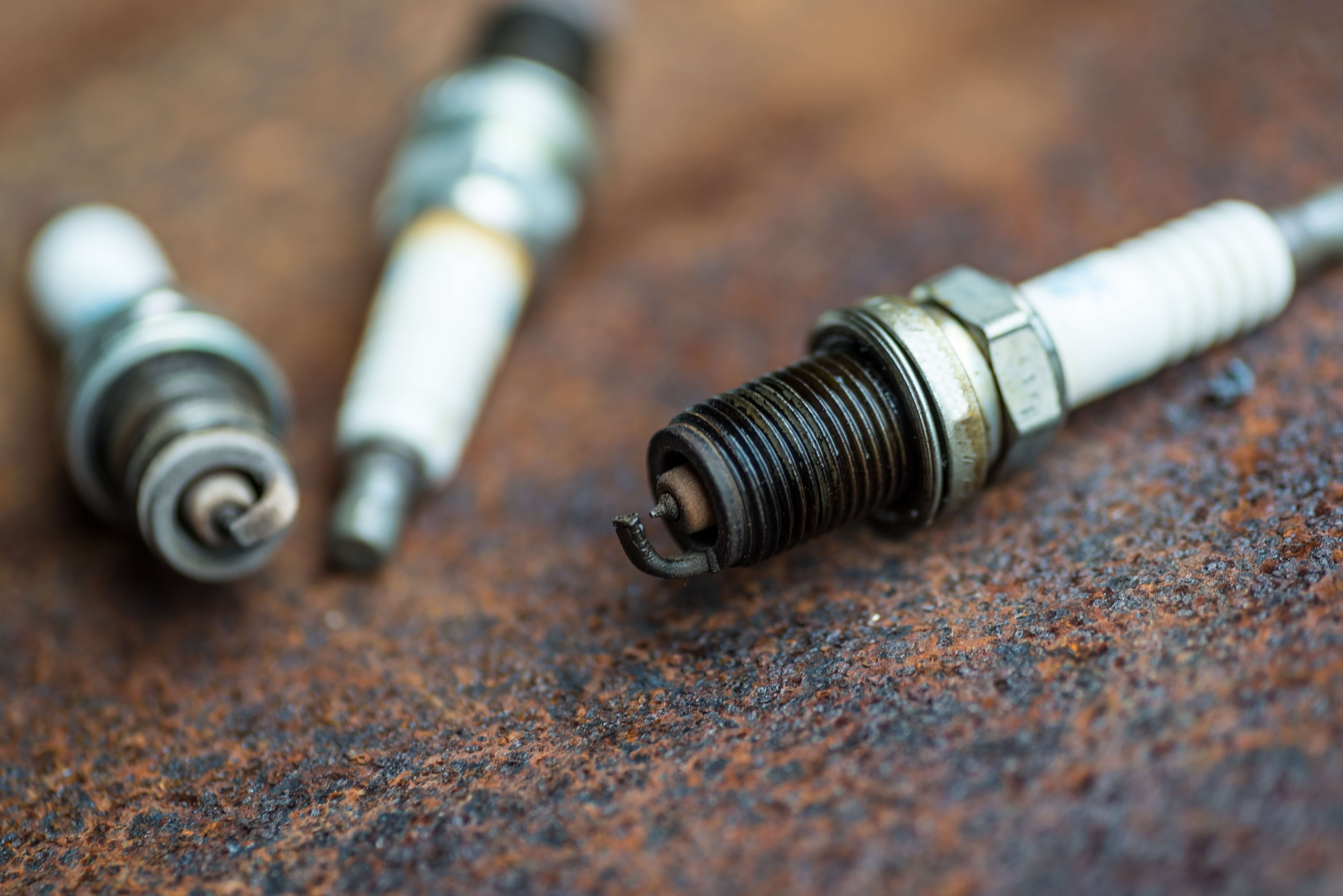Performance Fuels

Toluene or Xylene: A Legit Low-Buck Octane Booster?
- Category:
- Fuel Facts
by Grassroots Motorsports
Posted on 12/24/2024

Need to add some octane to your gasoline? Why not follow the old hotrodder’s trick and just dump in some toluene or xylene? Yes, that move will increase octane, but first let’s back up and look at the science involved–because, of course, there’s no such thing as a free lunch.
What Is Octane? Octane is the measurement of gasoline’s resistance to preignition. Higher octane ratings mean greater ability to run higher compression, more boost, increased engine speeds and the like–you know, things gearheads are very likely to do.
What Are Aromatic Compounds? Toluene and xylene, along with benzene, represent aromatic compounds: chemical compounds of just hydrogen and carbon arranged in a ring structure. They’re products of crude oil that contain high BTU levels.
So, What’s the Problem Here? Benzene is the simplest and most common of those three aromatic compounds, explains Zachary J. Santner, senior specialist of quality at Sunoco, and was once common in gasoline. “Then they found it has a harsh impact on humans and the environment,” he adds, noting that benzene is now heavily regulated.
Toluene and xylene, the next most common aromatics, offer similar density, burn speed and BTU content, he continues, and can be found in some of today’s race fuels. Both, in fact, can also be found at your local hardware store as paint thinner – figure about $25 a gallon.
While toluene and xylene will increase BTU rating and octane, Santner notes some concern of too many aromatics in a fuel: low vapor pressure, thus poor starting characteristics when cold; degradation of rubber and plastic parts, so the possibility of fuel system failures; and slower burning speeds because those same strong chemical bonds that increase octane will also take a while to unravel.
There’s a reason gasolines are blended according to a recipe, Santner says, as each component plays a specific part. Playing home chemist could quickly lead to unintended consequences. “If they want higher octane,” he continues, “it’s easier to just buy some of our 100 octane and blend it in.”




